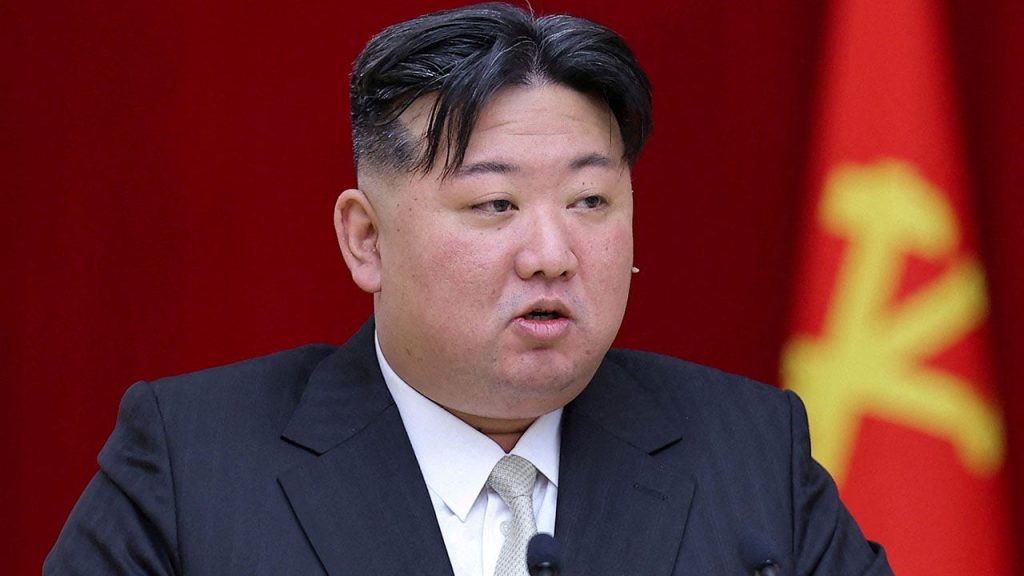North Korea’s political landscape is once again marked by escalating tensions with its southern neighbor and the broader international community. The recent Workers’ Party of Korea meeting, a pivotal event in the nation’s political calendar, served as a platform for the regime to articulate its staunch opposition to perceived threats and reaffirm its commitment to a hardline stance against the United States and its allies. The meeting, presided over by Kim Jong Un, saw the condemnation of the growing trilateral partnership between the U.S., Japan, and South Korea, labeling it a “nuclear military bloc.” This rhetoric underscores North Korea’s deep-seated suspicion of these alliances and its perception of them as a direct challenge to its security and sovereignty.
Adding fuel to the fire is North Korea’s alleged involvement in the ongoing conflict in Ukraine. Reports of North Korean troops being deployed to assist Russia have further strained relations with the West, drawing international condemnation and raising concerns about the regime’s willingness to engage in destabilizing actions. This move, coupled with the increasingly bellicose rhetoric emanating from Pyongyang, paints a picture of a nation increasingly isolated and defiant in the face of international pressure.
The recent political turmoil in South Korea has further exacerbated tensions on the Korean peninsula. President Yoon Suk-Yeoul’s controversial attempt to impose martial law, though ultimately thwarted by the legislature, has drawn sharp criticism from North Korea. The regime seized upon this incident as evidence of instability and weakness within South Korea, labeling it an “anti-communist outpost” and highlighting the vulnerability of its political system. This rhetoric reflects North Korea’s longstanding distrust of the South Korean government and its alignment with the West.
The North Korean state media, KCNA, played a prominent role in amplifying the regime’s narrative, portraying President Yoon’s actions as a desperate attempt to cling to power amidst a governance crisis and impending impeachment. The media outlet underscored the international community’s scrutiny of the situation, emphasizing the perceived fragility of South Korean society and the potential for further political upheaval. This commentary serves as a clear indication of North Korea’s keen interest in exploiting any perceived weaknesses within South Korea to advance its own political agenda.
The subsequent impeachment of President Yoon and the ongoing deliberations by the national court to determine his fate have further intensified the political uncertainty in South Korea. This period of instability provides fertile ground for North Korea to exploit the situation and exert further pressure on its southern neighbor. The regime’s pronouncements during the Workers’ Party meeting, coupled with its pointed criticism of President Yoon, suggest a calculated strategy to capitalize on South Korea’s internal divisions and bolster its own position in the region.
The combined effect of North Korea’s assertive foreign policy, its alleged involvement in the Ukraine conflict, and its exploitation of South Korea’s internal political struggles paints a concerning picture of escalating tensions on the Korean peninsula. The regime’s commitment to its “toughest” policies against the U.S. and its allies, coupled with its increasingly provocative rhetoric, raises the specter of further instability and potential conflict in the region. The international community faces the daunting challenge of navigating this complex and volatile situation while striving to maintain peace and stability in Northeast Asia. The coming months will be critical in determining the trajectory of inter-Korean relations and the broader geopolitical landscape of the region.

